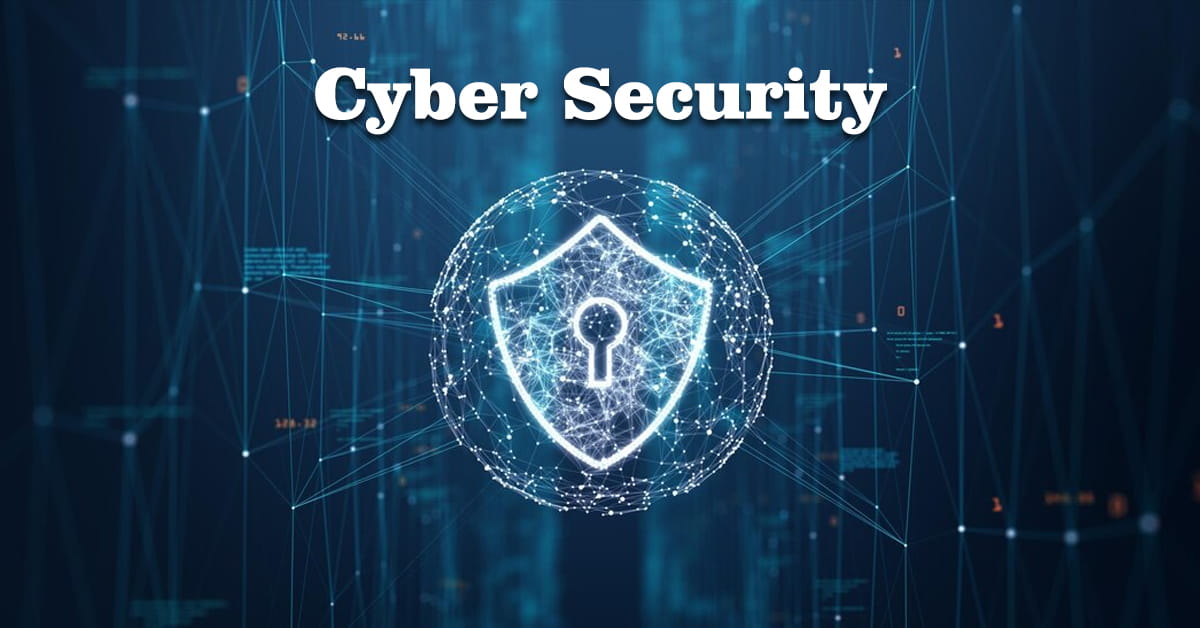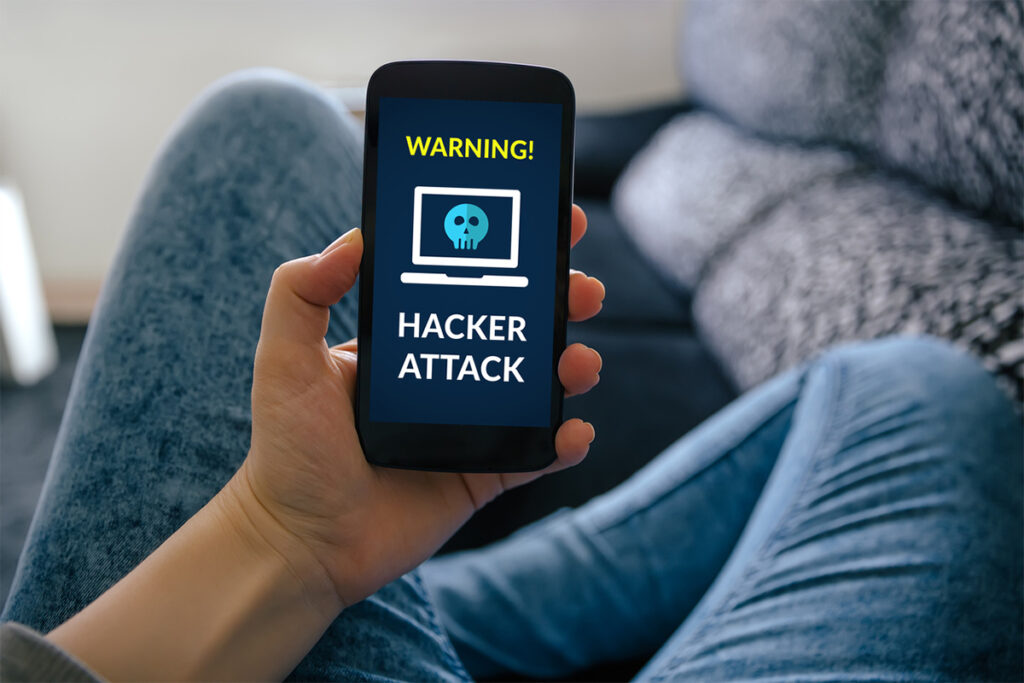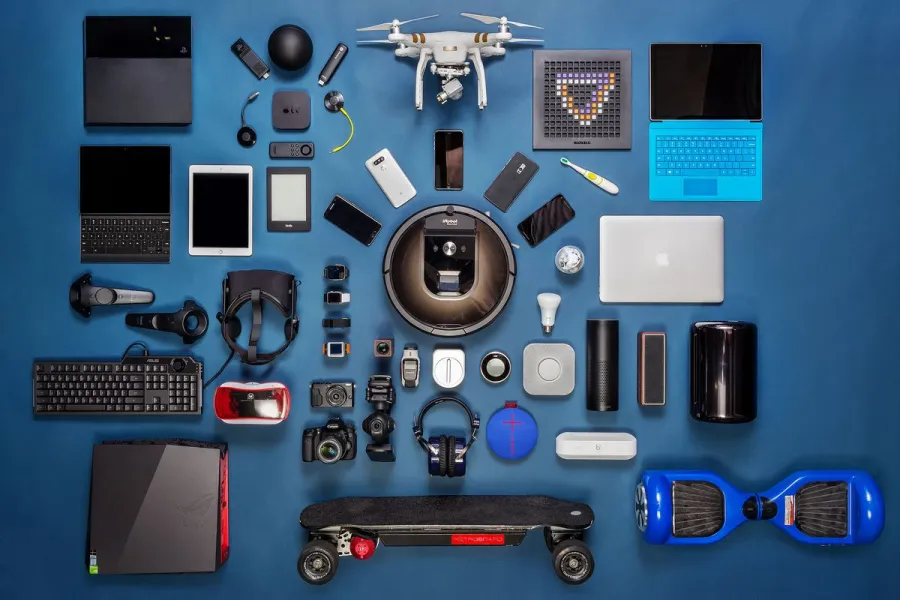Over the last few years, there has been a technological revolution that has transformed the way we live, work, and socialize. From the rise of social media and online shopping to the increasing use of digital services, technology has become a significant part of everyday life. However, with innovation comes new challenges, and one of the most pressing issues we face today is cybersecurity
We are in the year 2023, the importance of safeguarding our digital assets and personal information against cyber attacks cannot be overstated. The internet is now home to an incredible wealth of sensitive data, and it is essential that we take the necessary steps to protect ourselves and our families.
Unfortunately, cybercriminals and hackers are always looking for ways to breach our digital security and access our valuable data. From phishing scams and malware attacks to ransomware and identity theft, the risks are numerous and ever-evolving.
To counter these threats, various cybersecurity measures can be taken:
- Use strong passwords and don’t reuse them. Your passwords should be at least 12 characters long and include a mix of upper and lowercase letters, numbers, and symbols. You should also never reuse passwords across different accounts.
- Enable two-factor authentication (2FA). 2FA adds an extra layer of security to your accounts by requiring you to enter a code from your phone in addition to your password.
- Keep your software up to date. Software updates often include security patches that can protect you from known vulnerabilities.
- Be careful what you click on. Phishing emails and malicious links are a common way for hackers to gain access to your devices. Don’t click on any links or open any attachments in emails from senders you don’t know.
- Use a firewall and antivirus software. A firewall can help protect your devices from unauthorized access, and antivirus software can help detect and remove malware.
- Be careful when using public Wi-Fi. Public Wi-Fi networks are often not secure, so you should avoid using them for sensitive activities like banking or shopping. If you must use public Wi-Fi, make sure to use a VPN.
- Back up your data regularly. This way, if your devices are lost or stolen, you won’t lose your important data.
- Educate yourself about cybersecurity. The more you know about cybersecurity, the better equipped you’ll be to protect yourself from cyberattacks.
By following these simple tips, you can help keep your devices and data safe from cyberattacks.
Here are some additional tips that are specific to 2023 and the future:
- Be aware of the latest cyberattack trends. Hackers are constantly developing new ways to attack, so it’s important to stay up-to-date on the latest threats.
- Use a password manager. A password manager can help you generate and store strong passwords for all of your online accounts.
- Be careful about what information you share online. Don’t share your personal information, such as your Social Security number or bank account number, on social media or other online platforms.
- Use a VPN when connecting to public Wi-Fi. A VPN encrypts your traffic, making it more difficult for hackers to intercept your data.
- Keep your devices secure. Make sure to install security updates for your devices and software as soon as they are available.
- Be vigilant. Cyberattacks are becoming more sophisticated, so it’s important to be vigilant about your online security. If you see something suspicious, report it to the appropriate authorities.
As digital citizens, we must remain cautious while browsing the internet. It is essential to avoid clicking on suspicious links and opening emails from unknown sources. Every one of us has a shared responsibility to play a part in maintaining our cybersecurity, and it is a necessity for safe daily living in this digital age.



